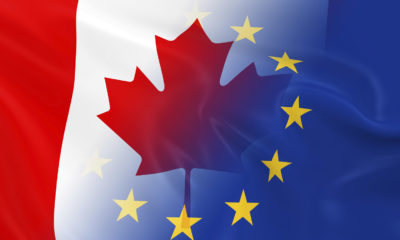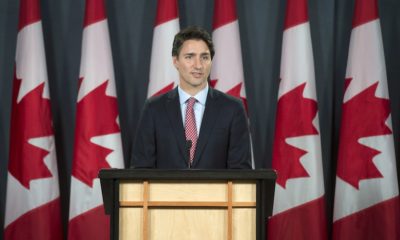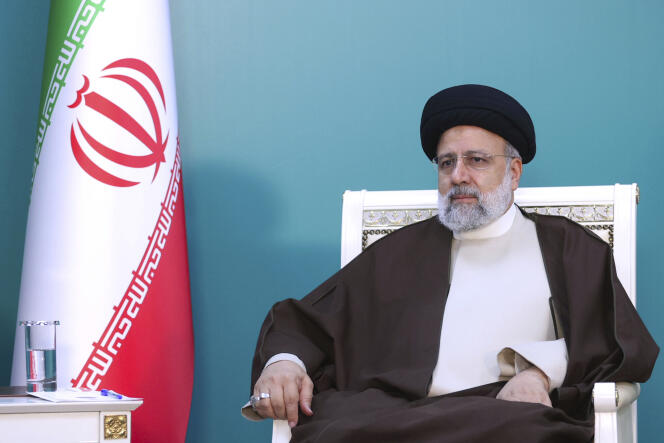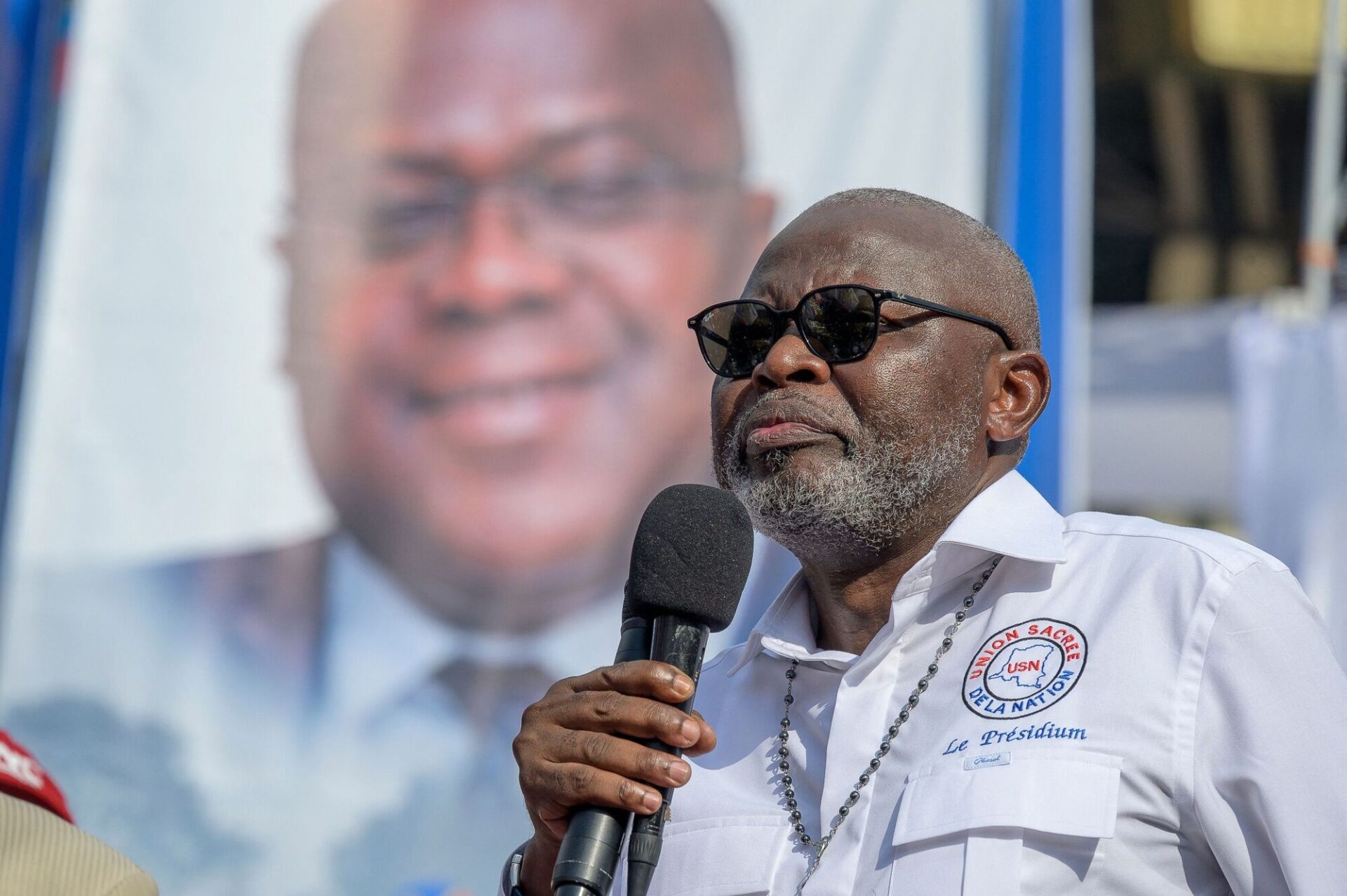Government
EU-Canada Trade Deal in Disarray After Belgium Withholds Consent
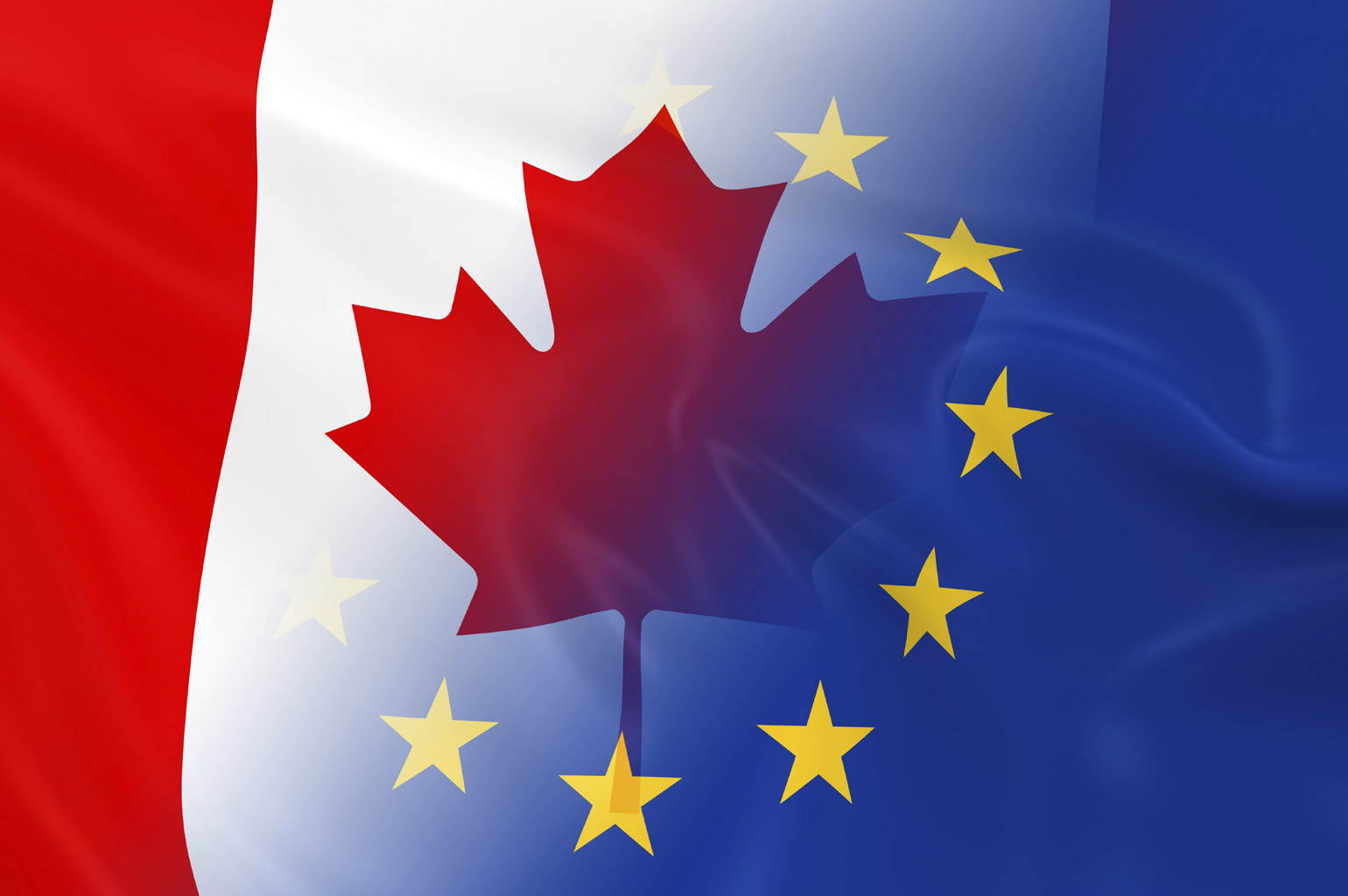
Government
Iran Mourns: Helicopter Crash Claims Lives of President Raisi and Foreign Minister Amirabdollahian
Government
DR Congo Thwarts Coup Attempt: Leader Killed, Several Arrested
Government
Netanyahu Stands Firm as US Halts Bomb Shipment Over Rafah Invasion Warning
-

 Naira4 weeks ago
Naira4 weeks agoDollar to Naira Black Market Today, April 24th, 2024
-

 Naira4 weeks ago
Naira4 weeks agoDollar to Naira Black Market Today, April 22nd, 2024
-

 Travel4 weeks ago
Travel4 weeks agoSaudi Arabia Breaks 70-Year Alcohol Ban, Opening Shop for Diplomats
-

 Naira3 weeks ago
Naira3 weeks agoDollar to Naira Black Market Today, April 30th, 2024
-

 Jobs4 weeks ago
Jobs4 weeks agoJob Cuts Hit Tesla: More Than 6,000 Positions Axed Across Texas and California
-

 Naira4 weeks ago
Naira4 weeks agoDollar to Naira Black Market Today, April 25th, 2024
-

 Investment4 weeks ago
Investment4 weeks agoMinister Accuses Past NCDMB Leadership of Squandering $500m on Unproductive Projects
-

 Travel4 weeks ago
Travel4 weeks agoDelta Air Lines Flight Diverts to Togo After Passenger Dies Midair




